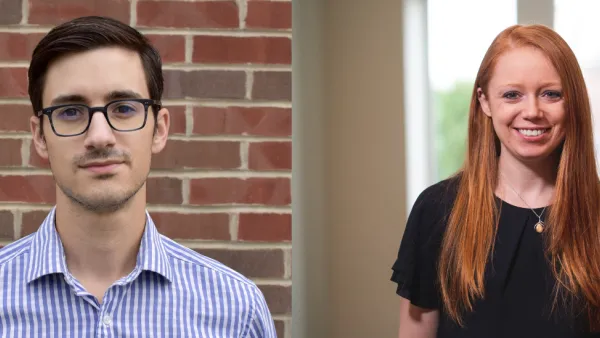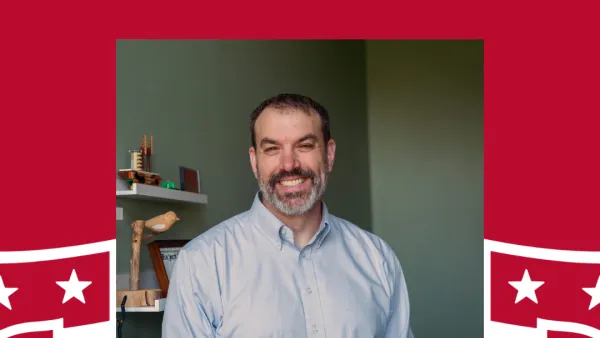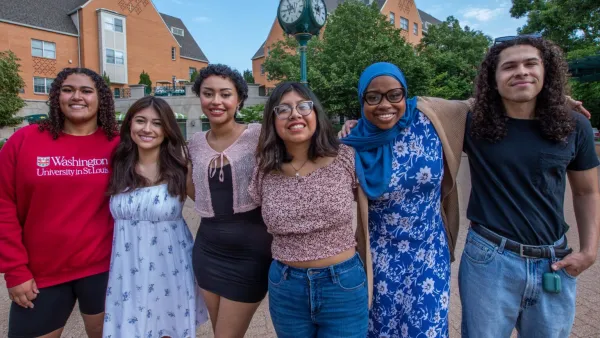Benjamin Noble (PhD '23) and Taylor Carlson have published "CueAnon: What QAnon Signals About Congressional Candidates and What it Costs Them" in the journal Political Behavior. Read the article here.
Abstract: Most research investigates why the public embraces conspiracy theories, but few studies empirically examine how Americans evaluate the politicians who do. We argued that politicians portrayed as supporting QAnon would garner negative mainstream media attention, but this coverage could increase their name recognition and signal positive attributes to voters with low trust in media who would feel warmer toward those candidates. Although we confirm that candidates friendly toward QAnon receive more negative media coverage, our nationally-representative vignette experiment reveals that QAnon support decreases favorability toward candidates, even among seemingly sympathetic sub-populations. A follow-up conjoint experiment, varying whether candidates support QAnon, replicates these findings. This paper is one of the first to highlight the potential costs of elite conspiracy theory support and complicates popular narratives about QAnon.



